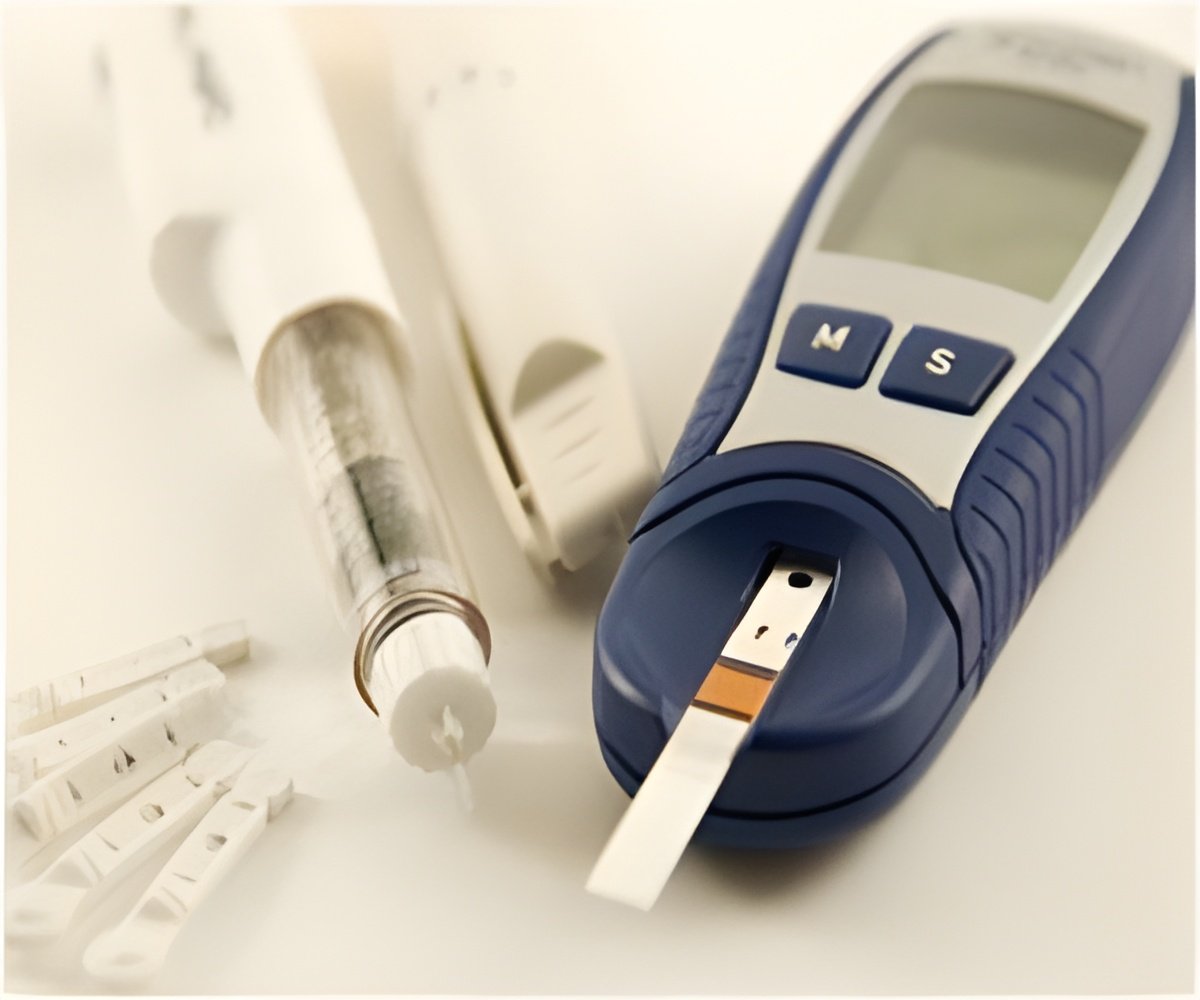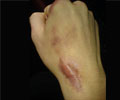A new study among patients undergoing surgery for chronic wounds related to diabetes, links higher risk of wound-related complications to the patient's high blood sugar levels.

High Blood Glucose Levels Linked to Higher Risk of Wound Complications The researchers analyzed rates of wound-related complications in 79 patients undergoing surgery for closure of chronic wounds—a common and troublesome complication of diabetes. Blood glucose levels were measured five days before and after surgery. Hemoglobin A1c, a key indicator of long-term diabetes control, was measured an average of two weeks before surgery.
Blood glucose levels and diabetes control were analyzed as risk factors for wound dehiscence (a serious complication in which the surgical incision re-opens), wound infections and need for repeat surgery. Blood glucose levels over 200 were considered to represent elevated blood glucose (hyperglycemia).
The results showed a higher risk of wound complications in patients who had high blood glucose levels either before or after surgery. For example, wound dehiscence occurred in about 44 percent of patients who had high glucose levels before surgery, compared to 19 percent of those without preoperative hyperglycemia.
The risk of wound dehiscence was also higher for patients with high blood glucose levels after surgery and for those with high hemoglobin A1c levels (that is, poor long-term diabetes control). With adjustment for other factors, the risk of wound dehiscence was more than three times higher for patients with hyperglycemia or elevated hemoglobin A1c around the time of surgery.
Need for 'Tight Control' of Glucose Levels during Surgery Patients with wide swings in blood glucose levels—variation of more than 200 points—were about four times more likely to undergo repeat surgery. Otherwise, blood glucose levels and hemoglobin A1c were unrelated to the risk of reoperation or wound infections.
"Chronic and perioperative glucose management in high-risk patients undergoing surgical closure of their wounds is significantly associated with outcomes," Dr. Attinger and colleagues write. They note that episodes of high blood glucose can occur around the time of surgery even in many patients with previously good diabetes control.
Source-Eurekalert
 MEDINDIA
MEDINDIA




 Email
Email










